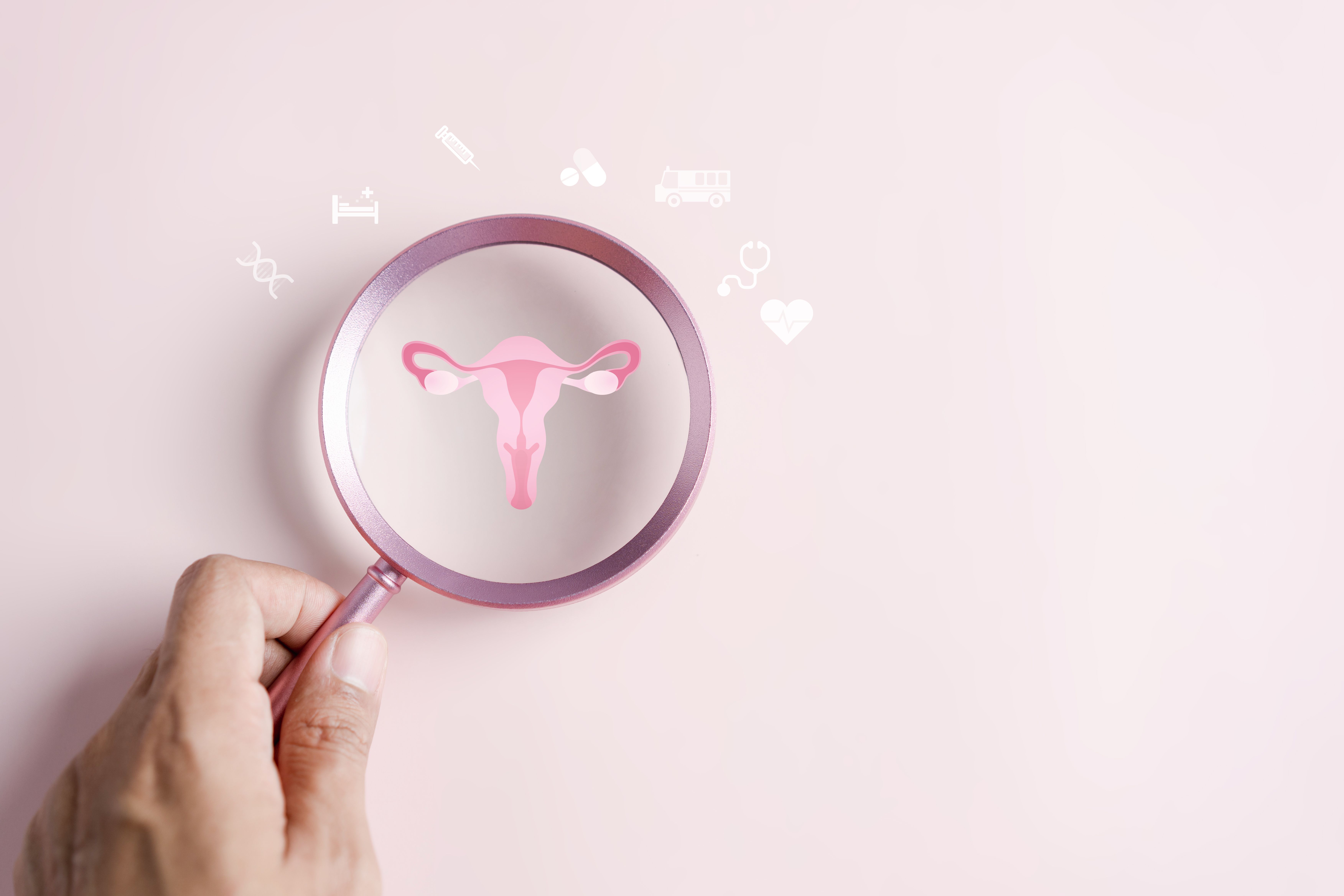
COVID-19
Latest News
Latest Videos

CME Content
More News

New research led by the National Institute of Allergy and Infectious Diseases reveals sustained antibody levels in infants born to vaccinated mothers, underscoring the importance of maternal vaccination in safeguarding newborns against COVID-19.

A study revealed a significant increase in antidepressant prescriptions among adolescents and young adults during the COVID-19 pandemic, particularly among female adolescents, indicating exacerbation of pre-existing mental health challenges.
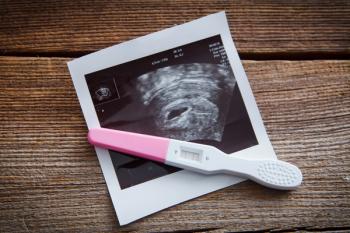
Adolescent pregnancy and sexual health care utilization declined during the COVID-19 pandemic, indicating significant disruptions in reproductive health services for young females, as highlighted in a recent study published in Pediatrics.
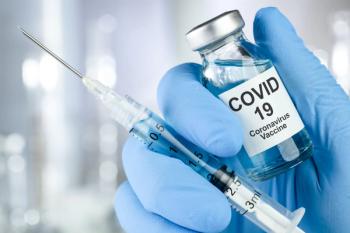
A systematic review of 6 studies revealed that COVID-19 vaccination during pregnancy does not significantly increase the risk of preterm birth, providing crucial insights for public health policies and offering reassurance to healthcare providers and expectant mothers.

Review some of the top stories from the Contemporary OB/GYN website over the last week, and catch up on anything you may have missed.

A recent study revealed that patients with 3 or more COVID-19 vaccination doses exhibit a significant increase in cord anti-Spike antibody levels compared to those with 2 doses.
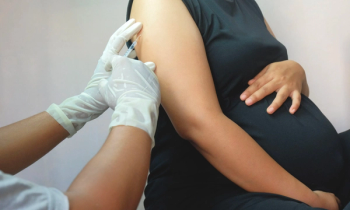
A recent study found that in utero exposure to maternal COVID-19 vaccination poses no increased risk for neurodevelopmental impairment in infants up to 18 months of age, addressing concerns about the impact of vaccine exposure on unborn children.

A recent study found that COVID-19 vaccination is not associated with an increase in incident postmenopausal bleeding diagnoses, providing reassurance to providers and patients concerned about bleeding caused by the vaccine.

Review some of the top stories from the Contemporary OB/GYN website over the last week, and catch up on anything you may have missed.

A recent study looks at the impact COVID-19 had on human papillomavirus vaccination rates in New York City and Long Island.

Review some of the top stories from the Contemporary OB/GYN website over the last week, and catch up on anything you may have missed.
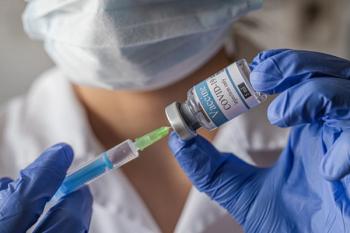
Discover the crucial findings from a recent study investigating vaccine decision-making among Spanish-speaking pregnant individuals, highlighting the pivotal role doctors play in dispelling vaccine hesitancy and fostering acceptance through targeted information dissemination and culturally sensitive approaches.

A comprehensive cohort study explored the impact of inactivated COVID-19 vaccines administered within 3 months before conception, revealing reassuring findings that neonatal outcomes, including preterm birth and NICU admission, remain unaffected.

Robert H. Hopkins, Jr, MD, discusses the importance of pregnant women receiving vaccines against respiratory diseases to protect themselves and their infants.

In a recent study, pregnant women in South Korea were not at an increased risk of early abortive outcomes from COVID-19 vaccination and had increased protection against COVID-19.

In a recent study, personal preference was the most common reason for people who gave birth not to use prenatal telehealth care.

In a recent study, increased rates of precocious puberty were observed during the COVID-19 pandemic compared to prior years.

Bivalent COVID-19 vaccines by both Moderna and Pfizer-BioNTech are no longer authorized for use in the United States.

Review some of the top stories from the Contemporary OB/GYN website over the last week, and catch up on anything you may have missed.
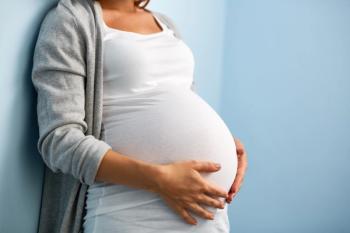
In a recent study, increased rates of gestational weight gain were observed during the first 2 years of the COVID-19 pandemic.

Coordinators provided vital human connection for patients, study finds.

In a recent study, COVID-19 infection was common in mothers who experienced stillbirth or late miscarriage.

Survey finds stress levels for many are higher now than during height of the pandemic.

Survey results suggest more support for physicians would help.

Access to contraceptive care was lacking during the COVID-19 pandemic.

